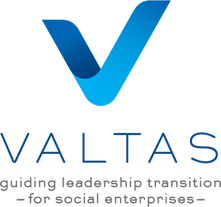THE LATEST FROM VALTASNews, updates, and stories to keep you in the know.
|
The board member sticking their head in the sand and refusing to get on board with AI realities, opportunities, and threats to the organization over the long haul will likely find that either they will be replaced by someone who is keeping up with the times, or their organization will fall behind and fail to accomplish its mission as effectively as it could have otherwise. What do you need to know about AI for nonprofits? In our article on how AI is going to affect nonprofit management, our team outlined five areas where AI is going to have a significant impact:
Inherent in these new possibilities are risks and threats to be aware of as well as potential opportunities to capitalize on for savvy nonprofit leaders. Board members should be aware of these to better lead and protect their organizations and to take an active approach toward oversight of them instead of sitting by passively and hoping that today’s advancements in AI will just blow over. Understanding that AI is not going anywhere (and, in fact, is already innovating in leaps and bounds to produce smarter and more robust AI possibilities all the time) prepares board members to embrace these changes and better evaluate the potential as well as risks of AI implementation in their strategic planning. In this guide we will walk through some of today’s most important uses for AI in nonprofits and analyze the risks and threats that they pose as well as the opportunities they offer: On-Site Chatbots Understanding Them: On-site chatbots are the pre-programmed conversation prompts that appear when a visitor arrives on a website to answer questions, provide information, and offer basic support. Chatbots simulate peer-to-peer conversations to provide help in a timely manner regardless of the time of day or staff availability. Risks/Threats: While chatbots are programmed by people providing the FAQ-style help that they assume their audience will need, chatbots are not real humans. Therefore, like many other forms of AI, they run the risk of failing to help the people they are meant to serve when a visitor needs help that is complex, unusual, or nuanced. In short, their ability to help is limited and they lack the human knowhow and willingness to help that a real person on the other end of a phone or live chat terminal would be able to offer. As a result, they can end up turning visitors off if the help that they provide seems insensitive or out of touch with someone’s true needs. For nonprofits that deal with highly sensitive or critical needs, like mental health, homelessness, or abuse, the use of a chatbot could fail to provide the kind of urgent help that someone needs, making them impossible to lean on without backstopping them with live human help. Of course, chatbots also require that visitors can read and type proficiently, which their audience may not be capable of due to physical/mental impairment, illiteracy, or language barriers. For people that fall into these categories, having a phone number to call and then staffing the line with people will still be necessary. Opportunities: The biggest opportunity that chatbots offer is a way for budget-constrained nonprofits to offer their audiences a form of real-time support that does not require additional staff. By investing in a robust question and answer prompt system that is regularly updated, they can provide support in any number of languages day or night without needing staff on hand to handle incoming inquiries. The amount of labor hours that an organization can save by providing links to their most commonly requested resources and answers to their most commonly asked questions via a chatbot can equate to huge annual savings. Board members should be aware of the financial benefits that these types of automated integrations can offer their organizations. Questions Board Members might ask Staff Proposing AI Solutions:
ChatGPT, Bard, and other NLPs Understanding Them: There are countless natural language processing (NLP) applications in use right now, including ChatGPT, Bard, Claude, Perplexity, Jasper, Chatsonic, Pi, Character, Replika, Chai, YouChat, Quora Poe, NeevaAI, Learnt.ai, and Elicit. These NLPs give users a way to ask questions and get answers on any number of topics for any number of reasons. Academics worry that students will use these kinds of tools to write papers for them but students are not the only ones using them. Many professionals are now using them as well to write articles for publication, research industry topics, stay on top of current trends, and keep up with the news. Their increasingly widespread usage is prompting forward-thinking nonprofit leaders to stay on top of what kind of information these tools are providing about their organizations and causes. Risks/Threats: Unlike search engines like Google and Bing, which simply return webpages that they deem are relevant to a searcher’s query, NLPs like ChatGPT are synthesizing the information they find when sweeping through available sites on a particular topic. And, while theoretically, either a search engine or an NLP could return an outdated result, the search engine is more likely to deprioritize (downrank) an older resource than the NLP, making it harder for a searcher to find it. Additionally, the search engine brings the searcher to the site where they may be able to determine when the resource was published (like in the case of a blog article with a publish date listed), whereas the NLP pulls the information and repackages it alongside other information without any mention of when it was created. The result is that old, outdated information is more likely to appear on a platform like ChatGPT than Google. This is a serious risk to nonprofits that change their programming regularly or have undergone a significant shift in mission or purpose because their old information may end up being presented to users on platforms like ChatGPT or Bard. Opportunities: To ensure organizational alignment and better serve your audience, it is important to understand how to control what these platforms are pulling from when people are looking for information about who you are and what you do. Ensure that what you are presenting is current and projects your organization in the right light by getting rid of outdated information on your website. Keeping your content updated is of paramount importance because anything that is indexable by search engines can also be pulled from by NLPs like ChatGPT. Ensure that all your content is authentic to your mission and helpful to your audience to get the right information in front of searchers and NLP users. This messaging is the easiest thing for you to control and the most important piece of advancing your mission. Remember, online users are going to hear the story you’re telling, so tell it well! Questions Board Members might ask Staff Proposing AI Solutions:
Software Automation Understanding Them: Software automation can be used to manage everything from donors, volunteers, and events to programs, finances, and reporting. Every individual software will have its own automation capabilities as well as integration possibilities to expand what users can do. Risks/Threats: There is a tendency when implementing automation to trust too heavily in the software and fail to run the proper checks to ensure that everything is running correctly. Nonprofits that put their operations entirely in the hands of technology can find that errors are occurring, which are stymieing their efforts. For this reason, it is a best practice not to remove the human element entirely from any of your processes. Opportunities: Utilizing automation functionality within your existing software is a great way to streamline internal processes, practice better financial management, and improve reporting. However, every software system will have its own limitations related to functionality and customization. So, it will be up to the staff to select software that possesses the kind of automation capabilities that their organization needs to operate efficiently and facilitate growth. Questions Board Members might ask Staff Proposing AI Solutions:
When you need nonprofit board advisory services or executive search services, please reach out to us! We have a team of highly qualified nonprofit leaders who have the strategic and operational experience needed to help you run your organization better in these changing times. We offer strategic planning assistance, meeting and retreat facilitation, leadership assessment, executive coaching, and organizational development. Contact us today to find out more! Comments are closed.
|
THE LATEST FROM VALTAS
You are welcome to subscribe to get the latest news, updates and insights from our team. Subscribe:Ask Valtas!Categories
All
Archives
July 2024
|


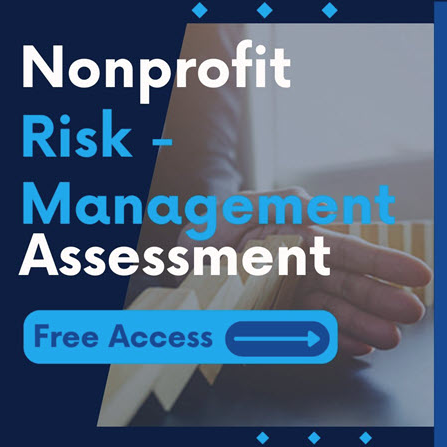
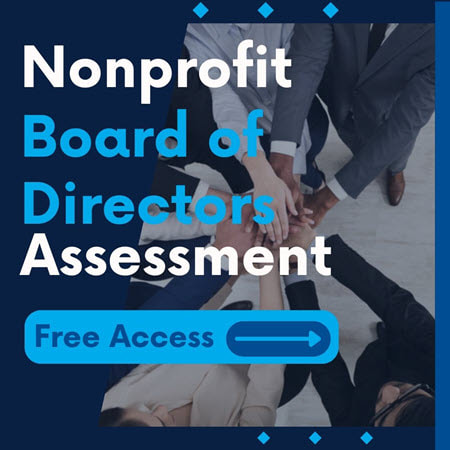
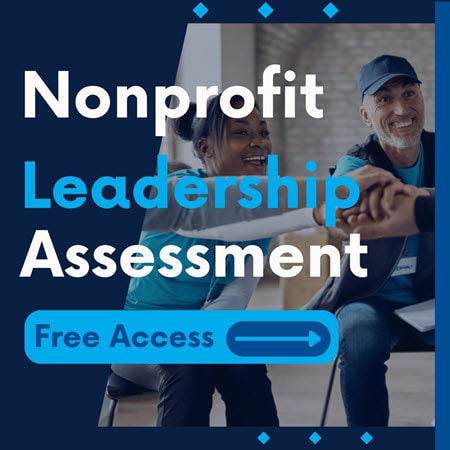
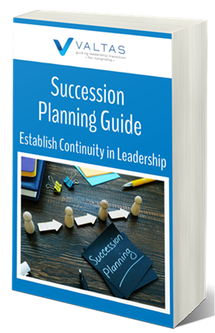
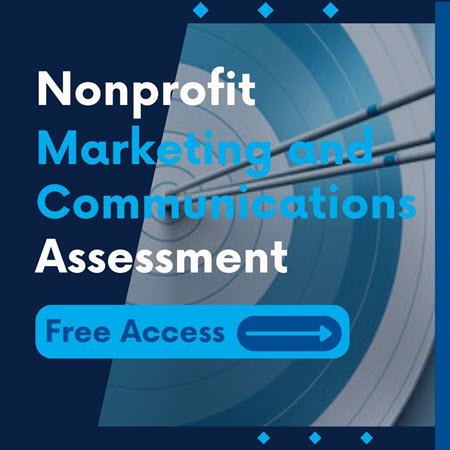
 RSS Feed
RSS Feed
